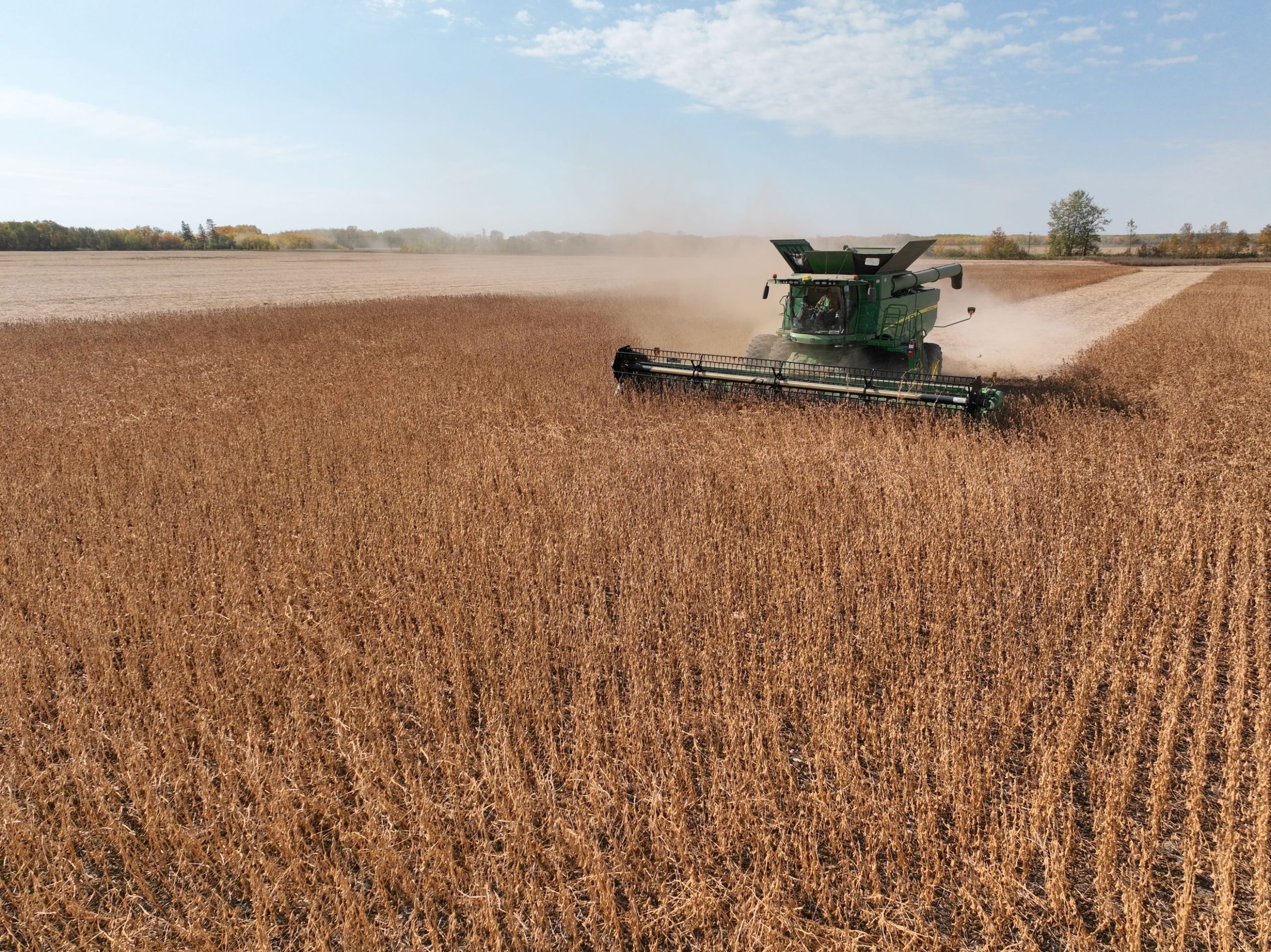Kyle Larkin, Executive Director, Grain Growers of Canada
At Grains Growers of Canada (GGC), we are committed to ensuring that the dietary staples produced by Canadian farmers reach global markets without unnecessary trade barriers.
In the current international climate, marked by nationalism and protectionism, achieving this isn’t easy. With 90 governments having introduced more than 200 trade restrictions, navigating the global agricultural marketplace has become increasingly complex for Canadian farmers and exporters.
Despite these hurdles, I’m happy to report, we have made strides in representing Canadian farmers and advancing their interests.
One notable success has been the establishment of the Indo-Pacific Agricultural and Agri-Food Office in Manila, Philippines. This initiative, supported by GGC following the launch of Canada’s Indo-Pacific Strategy in 2022, aims to improve market access for Canadian exports in the region. We supported this request because we know the presence of a dedicated team in the region is crucial for fostering long-term relationships and expanding opportunities in emerging markets, such as Indonesia, Malaysia, Thailand, and the Philippines.
One item that remains our top priority is ensuring Canada’s existing and new regulatory measures avoid impeding trade. We must ensure Canada continues to play a leadership role within the World Trade Organization (WTO) in establishing regulations and promoting transparent, rules-based trade. That’s why we were present at the WTO’s 13th Ministerial Conference at the end of February to advocate for more liberalized trade. Despite little progress on key issues such as regulatory cooperation to address technical barriers to trade, other countries that would rather reverse rules-based trade also didn’t have their way.
Another issue that has only become more imminent in recent years is ensuring there’s resiliency in the Canadian supply chain. We’re recognized around the world as a sustainable supplier of high-quality cereals, pulses and oilseeds, but we also know our international customers are increasingly concerned about Canada’s ability to deliver those products promptly. Inconsistent service due to weather conditions, congested ports and labour disruptions over the past few years has exposed weaknesses in our system and has made it increasingly difficult for Canada to maintain its reputation as a sustainable and reliable shipper. Customers abroad have one primary concern – getting their product on time in a reliable fashion.
To address this shortcoming, we continue to advocate for a strong commitment to building responsive and nimble supply chains. This includes investments in our trade-enabling infrastructure, including the Port of Vancouver, and working with unions proactively to prevent labour disruptions. It’s more important than ever that we address these vulnerabilities to safeguard the food security that will be so critical in years to come – at home and abroad.
We can also address many of these weaknesses through legislative and regulatory solutions for issues within the Canadian rail system. Last year, we submitted recommendations to the federal government as part of Transport Canada’s rail review. Our recommendations were centred on increasing transportation options through extended interswitching, while maintaining price protection for shippers through the Maximum Revenue Entitlement Program. We also touched on the need to address increases in fuel surcharges and the ability for carriers to contract out legal provisions. We’ll continue to advocate for these solutions and will stay vocal in ongoing consultations regarding the Canada Transportation Act.
In February, we met with federal representatives, including Minister of Agriculture and Agri-Food Lawrence MacAulay, Deputy Minister of Agriculture and Agri-Food Stefanie Beck, and Canadian Food Inspection Agency President Paul MacKinnon. At this meeting, we brought forward our concerns and, with them, a concise list of recommendations from our industry. Meetings like this are vital for ensuring our industry concerns and suggestions are top-of-mind for key decision makers and are considered in policy making.
At GGC, we’ll continue to ensure our industry has a seat at the table and that farmers’ voices are heard in conversations about market access and development, supply chains and labour disruptions, and Canada’s transportation network.
We’ll also remain persistent in our core mission that continues to unite us all in this industry – the production and delivery of sustainable and reliable food supplies that the world depends on.

